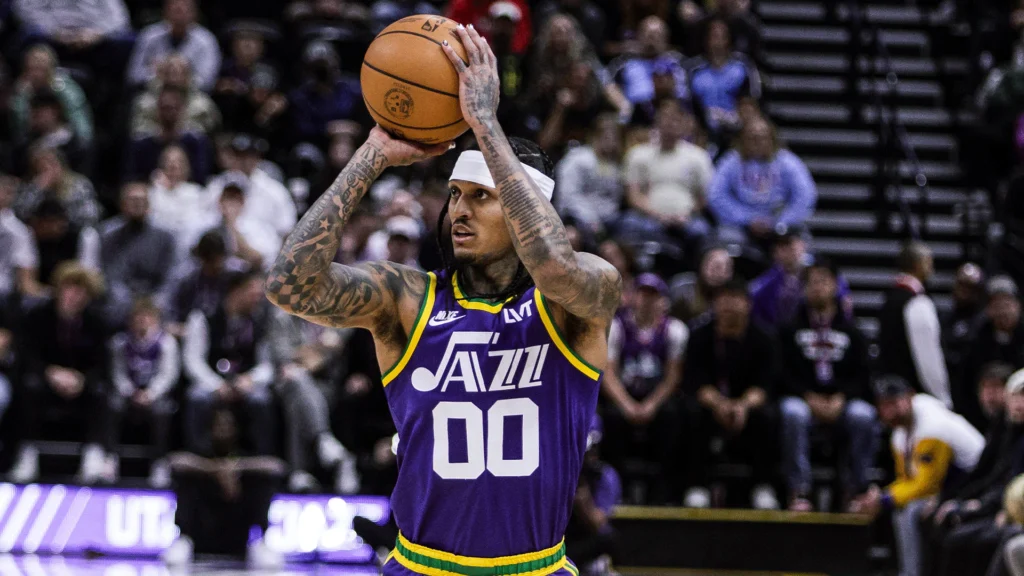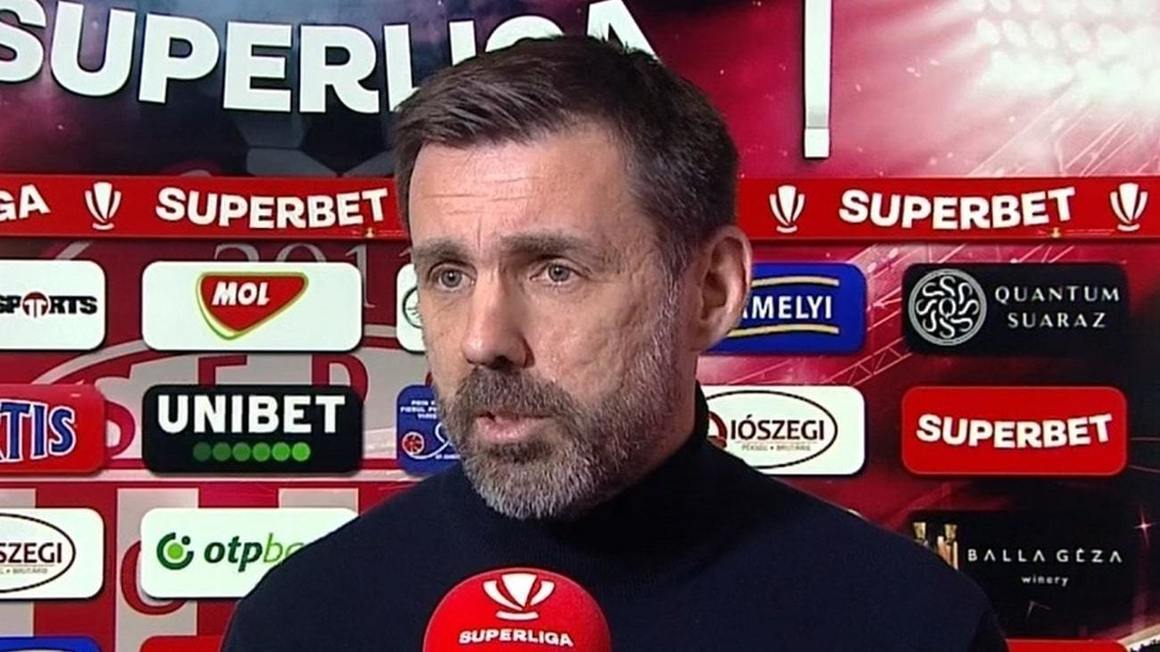
Small Market Success Showcases New NBA Parity
SALT LAKE CITY – The era of NBA dynasties seems to be over, which is promising news for the Utah Jazz.
Following the Denver Nuggets’ elimination by the Minnesota Timberwolves on Sunday night, no team has won consecutive NBA titles since the Golden State Warriors did in 2017 and 2018. Remarkably, the Nuggets’ second-round exit ensures the NBA will crown its sixth different champion in six years, a feat last seen from 1975-80.
This shift brings hope for teams like the Utah Jazz. This year, either the Timberwolves, Boston Celtics, Dallas Mavericks, or Indiana Pacers will win the NBA title, with the Celtics being the only team close to a dynastic run, having reached their third consecutive Eastern Conference Finals and their fourth in five seasons.
The Dallas Mavericks are in the conference finals for the second time in three years, after not winning a playoff series since 2011. The Indiana Pacers are making their first conference finals appearance since 2014, while the Minnesota Timberwolves are returning for the first time since 2004.
This marks a new era for the NBA, which previously saw LeBron James or Stephen Curry in the Finals for ten straight seasons from 2011-2020. Now, a fresh group of stars is competing for titles, creating a more competitive league landscape.
The Jazz can draw inspiration from the remaining playoff teams, which have built their rosters through smart drafting and development rather than relying solely on their city’s reputation or franchise history. The Celtics (Jayson Tatum), Timberwolves (Anthony Edwards), and Mavericks (Luka Doncic) all drafted their key players and supplemented their rosters through trades and free agency. The Pacers acquired Tyrese Haliburton in a trade and built around him through similar strategies.
This trend reflects increased parity in the NBA, driven by factors such as the twilight of James and Curry’s careers, lack of league expansion, and a reformed collective bargaining agreement. These changes, including stricter luxury taxes and trade restrictions, prevent teams from creating dynastic rosters like the Warriors did.
The decentralized talent and deeper team rosters, combined with no league expansion and an influx of international players, mean that even small-market teams like the Jazz have a chance to compete. However, the Jazz need to identify their next superstar to make a deep playoff run.
While it took the Timberwolves, Mavericks, and Nuggets four seasons to reach the conference finals after drafting Edwards, Doncic, and Jokic, the Pacers also needed two years with Haliburton to make significant progress.
Though the Jazz aren’t immediate title contenders, the current NBA landscape offers a realistic pathway to success with smart drafting and strategic trades, marking a significant improvement from the past decades.






